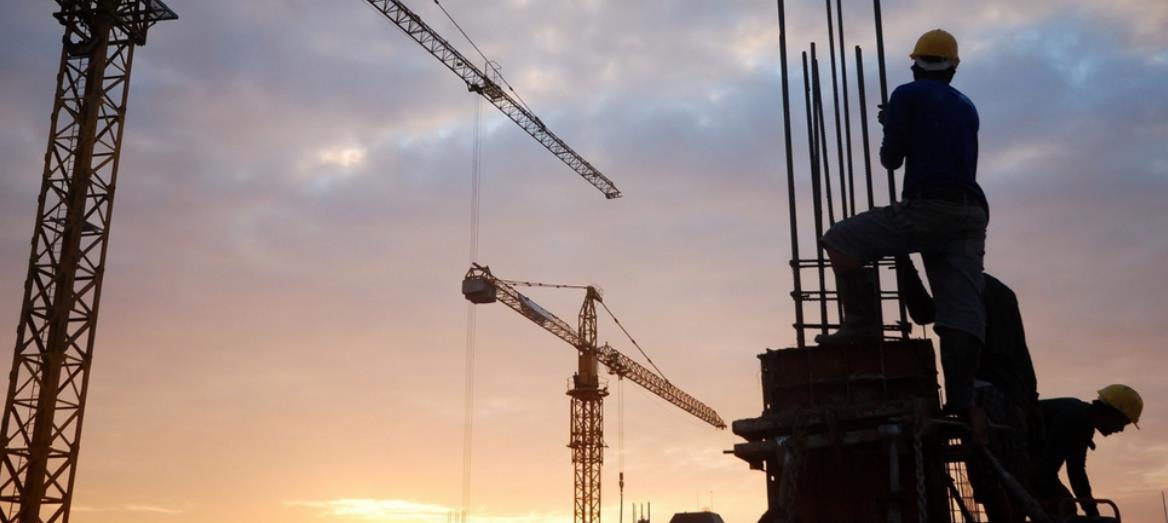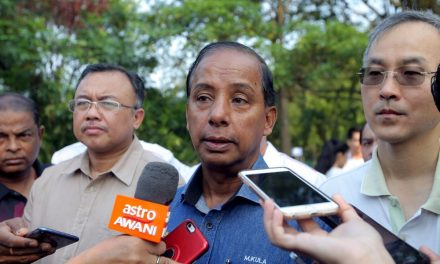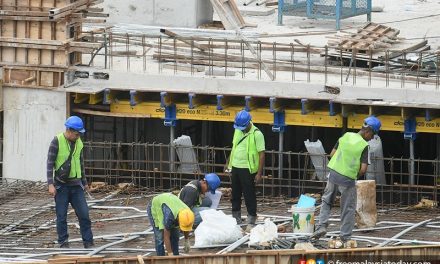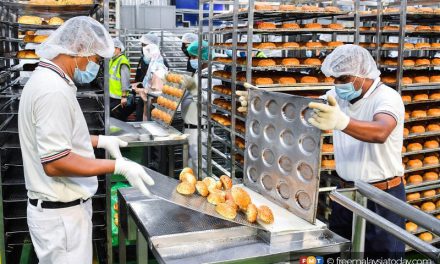SOUTHEAST Asian countries that once used the economic growth strategy to transform themselves into tiger economies are finding it hard to continue the same strategy without placing a severe burden on the people and environment.
We, at Basmala Australia, which is a Southeast Asian Australian Islamic service and policy research non-governmental organisation, have been observing the spillovers to Down Under.
It was revealed this year in a report to the Australian Parliament’s Joint Standing Committee on Migration that the number of permanent protection visa applications lodged by Malaysians over the past three years has nearly doubled. There have been more than 26,000 protection visa applications, but only 168 were successful.
Malaysian politicians recognise the number of Malaysians who are not satisfied with prospects in Malaysia and look to Australia.
We have also seen data on the large number of Malaysians overstaying in Australia to work temporarily.
When we interviewed them, we found that they sought Australia for better wages.
We also found that they typically work illegally in the farming, cleaning, construction and restaurant industries in Australia.
This refutes claims by Malaysian employers and companies that their locals do not want to work in similar jobs at home.
The reality is that Malaysians shun the wages and work conditions, not the type of jobs.
Malaysia cannot be narrowly focusing on creating jobs in numbers and neglect the quality and wages of the jobs.
In Southeast Asia, Penang probably has generated the most robust debates and dialogues on sustainability of communities and environment.
Yet, Penang’s government is stuck to an outdated economic vision of the state.
It makes no sense to continue with an economic strategy that benefits neither community nor environment when there are better alternatives.
Instead of building more roads, state governments need to shape an integrated transport infrastructure and service policy that moves people.
Instead of constructing housing largely for foreign investors, they have to strike a balance with providing affordable quality housing for present and future residents, preserving communities’ wellbeing, and conserving heritage and the environment.
There is also a shift needed to preserve heritage for tourism.
Instead of job numbers, state governments need to create quality jobs per household and sustain a minimum household income and employability through jobs.
Malaysia needs a productivity revolution where the restaurant, construction, agriculture and manufacturing industries restructure jobs to create higher- productivity jobs led by productivity-pegged wages.
ANSARI ZAINUL ABIDEEN
Head, Basmala Australia, Southeast Asian Islamic NGO focused on
services and applied research









